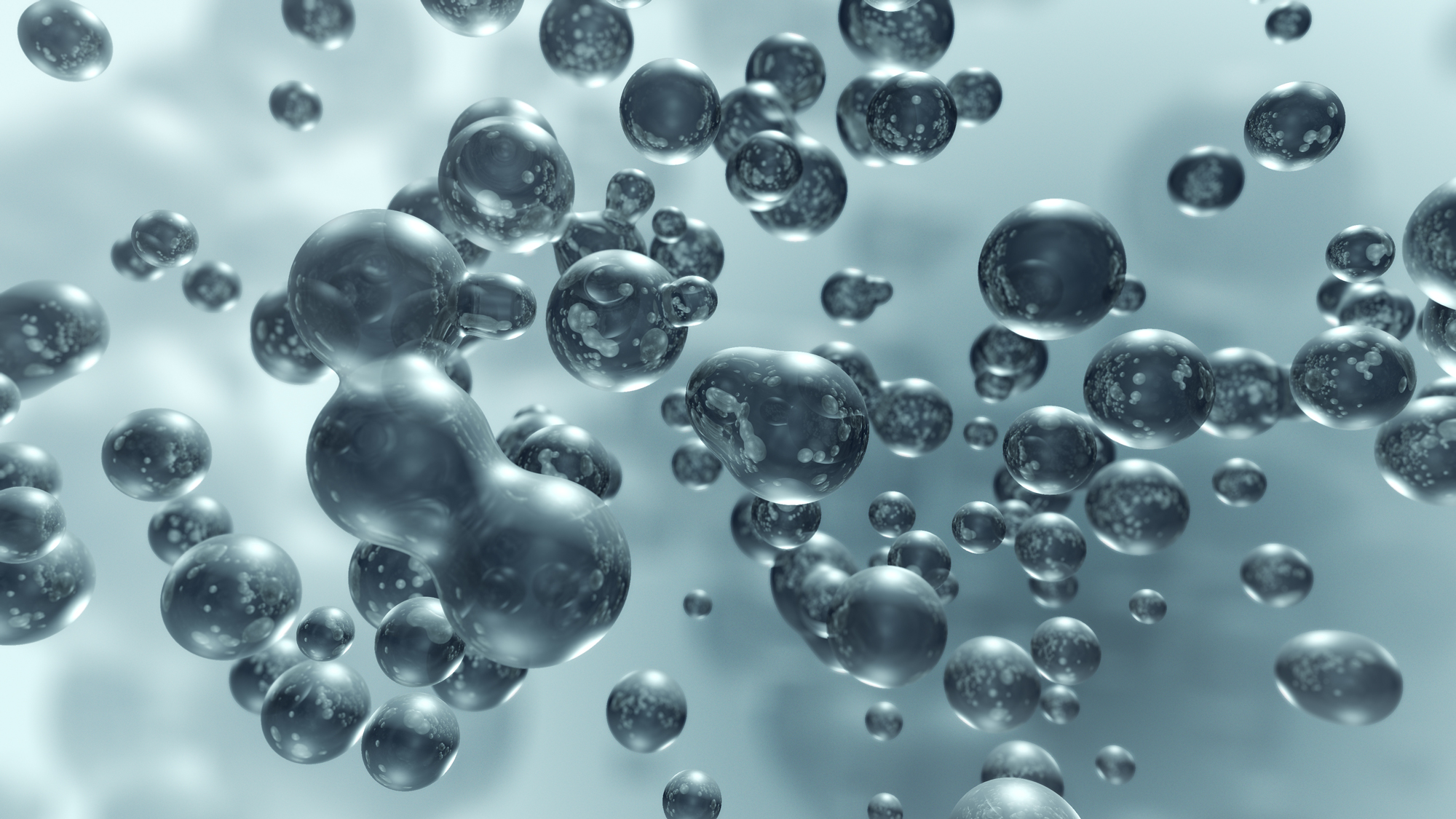Never mind rock concerts. Scientists at SLAC National Accelerator Laboratory have generated a record-breaking sound so resounding that even rocket launches seem muffled by comparison.
The discovery came from using the lab’s Linac Coherent Light Source X-ray laser to cut through tiny jets of water. Powerful pulses of X-rays vaporized the water on contact, unleashing “shockwave trains” of alternating high and low pressures into the spray. The result: sound pressure levels registering 270 decibels.
For context, the first stage of a Saturn V rocket, the loudest sound ever recorded by NASA, was 204 decibels. The SLAC findings may represent the upper limit of sound in water. Any louder and the water simply breaks apart.
Like rock and roll, science ain’t noise pollution. Researchers rely on the water jets to spray samples—from enzymes to protein receptors—into the path of the X-rays, which work like strobe lights to reveal structures and processes at the atomic level. Better understanding of shockwave trains could help scientists protect samples.
Sam Scott is a writer in Toronto.



